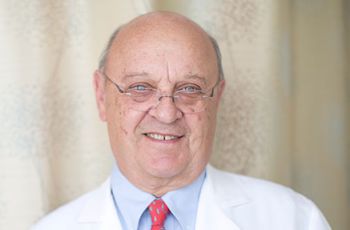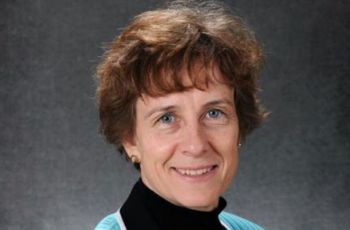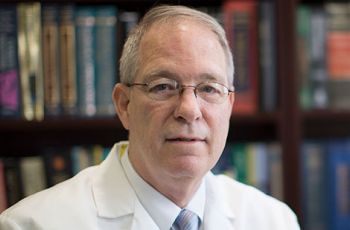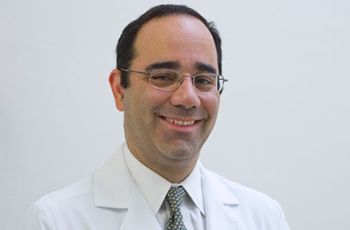Faculty in the Media
Jesse Pines, M.D., associate professor of emergency medicine, was interviewed by Bloomberg News about the costs of new “multi-specialty centers” being built in the Washington area and across the country.
Rachel Brem, M.D., professor of radiology, spoke to WINS-AM in New York about the FDA's approval of the Automated Breast Ultrasound System (ABUS), which will help detect breast cancer in women with dense breasts. Brem also spoke on her research of ABUS during a clinical trial.
Daniel Ein, M.D., clinical professor of medicine, comments on a story in the Washington Post on a supposed increase in asthma and allergies during the fall season.
Howard J. Bennett, M.D., clinical professor of pediatrics, contributed an article to the Huffington Post advising parents about fevers in children.
Christina Puchalski, M.D., GW Institute of Spirituality and Healthcare (GWish) director and professor of medicine, spoke to AllHealthcareJobs.com about patient and employee spirituality in the workplace.
Leticia Ryan, M.D., assistant professor of pediatrics, talked to TheGrio at NBC News about her research, where she found that many common childhood fractures could be prevented with proper nutrition and adequate Vitamin D intake. This story was also covered on KTRK (ABC) in Houston.
David Parenti, M.D., professor of professor of medicine, microbiology, immunology, and tropical medicine, tells Washingtonian magazine what to look out for when it comes to the West Nile virus.
Babak Sarani, M.D., F.A.C.S., associate professor of surgery, was interviewed by Reuters about his study on whether hospital rapid response teams are more successful if they are led by attendings or residents.
Robert Lavine, Ph.D., adjunct associate professor of pharmacology and physiology, wrote an article for The Atlantic on what makes Iceland one of the happiest and healthiest countries in the world, despite its recent financial crisis, volcano eruptions, and lack of sunlight.
Howard Bennett, M.D., clinical professor of pediatrics, authored an article for CNN on how to keep children safe on hot days.





